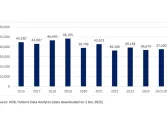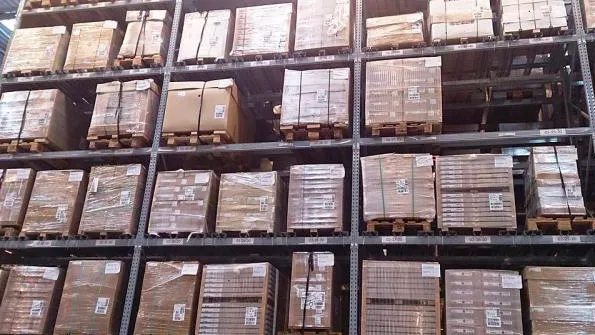
Singapore industrial sales drop 4.9% to S$661.5m in Q2
Multiple-user factories were the outperformers during the quarter.
Industrial sales in Singapore have been lacklustre in the second quarter of 2022 as total transactions registered a 4.9% q-o-q decline to S$661.5 million, according to Knight Frank data.
As seen in Exhibit 1 below, multiple-user factories saw robust sales levels and brought the average price to S$439 psf.
“One of the main contributors to the demand for industrial space is the food industry, where occupiers are actively on the lookout for food factories and central kitchens in Singapore,” Knight Frank said.
Here’s more from Knight Frank:
With rising global concerns on food security, as well as access to raw materials and necessities, stockpiling activity has increased. The strengthening Singapore dollar provided support for stockpiling, mitigating escalation in costs as inflation becomes significant. The need for space to support the increase in firms’ inventories expanded demand for warehouse space, evident from the 212 rental transactions recorded for such space in just April 2022 alone (Exhibit 2).
Historically, this leasing volume stands as the highest number of tenancies on a monthly basis since data became available, bringing the cumulative median rental for warehouse to S$1.85 psf pm in April and May.
Making Singapore sustainable
In line with Singapore’s progression towards its Green Plan 2030, aspiring to achieve net zero emissions in the long-term, there has been an increase in sustainable initiatives. In April 2022, the redevelopment of Pokka’s regional headquarters commenced. To be completed by Q1 2024, the new state-of-the-art building will house an innovation and incubation hub with sustainable features and facilities.
More recently in May 2022, Singapore’s first eco-friendly manufacturing hub, Green Lab, spanning some 200,000 sf officially opened. Envisioned to be a one-stop production plant, the facility will manufacture some of Singapore’s first fully compostable plant-based bags that could potentially replace existing plastic ones. Fraser and Neave (F&N), who owns a 60% stake in Green Lab through its publishing arm, Times Publishing, will be switching the packaging of its in-house brands and products to the sustainable alternatives produced.
In tandem with these initiatives, JTC has also introduced solar deployment models, helping industries to transition towards sustainable and renewable energy sources through the installation of solar photovoltaic (PV) panels. To facilitate solar energy adoption, solar deployment will be mandatory for certain sites that meet the requirements set by the government agency.
Market outlook
Despite existing global and regional uncertainties, bright spots continue to highlight the industrial market. The persisting chip shortage globally will continue to generate demand for electronics, and the transport engineering cluster will benefit from the increased demand for air travel as travel accelerates in many parts of the world. Thus, prices and rentals for industrial space remain on track to grow 3% to 5% for the whole of 2022.

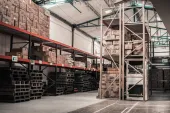



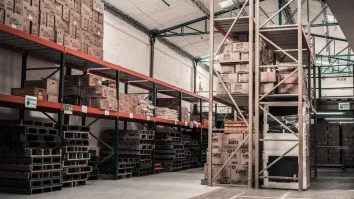



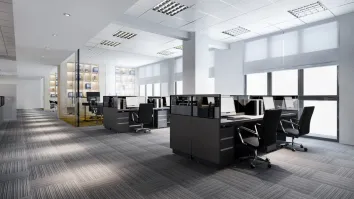



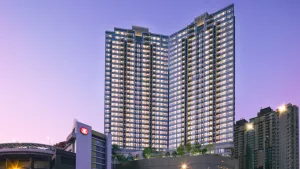



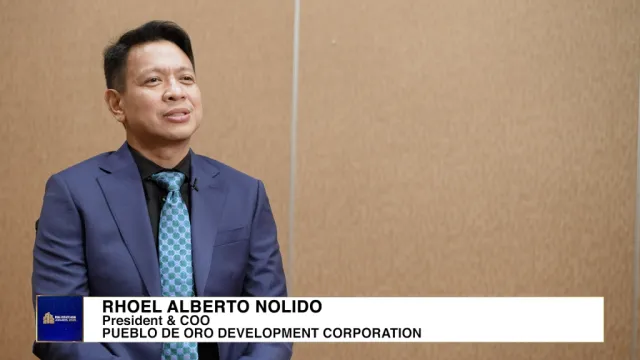

 Advertise
Advertise
